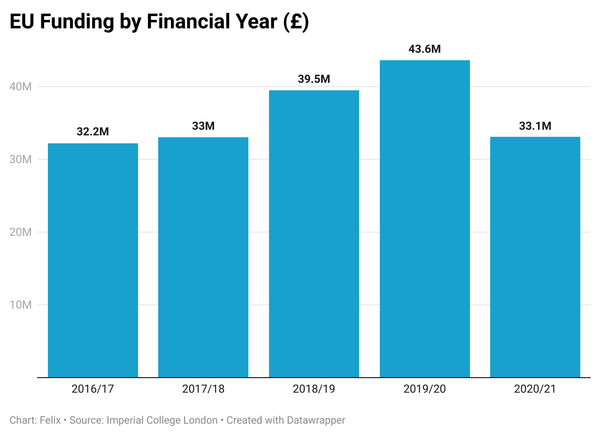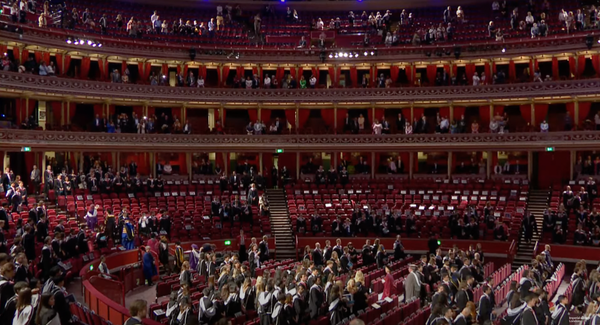Ministers outraged by 12% interest on student loans
Senior Conservatives criticise system linking interest on student loans to inflation.

Multiple senior Conservatives have criticised the system linking interest on student loans to inflation, with some saying that the potential of a 12% interest rate will put poorer students off attending university at all.
In April the Institute for Fiscal Studies released a report stating that students were in for a “rollercoaster” of interest rates on their student loans over the next few years, with a peak of 12% on the highest earning bracket, which will start in September 2022 and last for six months. The interest on student loans for those earning above £49,130 is currently calculated by adding 3% to the Retail Price Index measure of inflation. Those earning between £27,295 and £49,130 will incur 9% interest plus a discretionary 0%-3% extra, up from the current 1.5%. Those earning less than £27,295 will incur the inflationary rate of interest.
The IFS acknowledge that the increased rates “only affect actual repayments for the typically high-earning graduates that will pay off their loans”. Only around 25% of students who have taken out student loans since the last reforms were announced are expected to pay them back in full, according to the House of Commons Library.
Former Universities, Science and Cities Minister Greg Clark said “A 12% interest rate on student loans is an outrageous charge that the government must prevent from happening”, adding that it would breach the expectations that students had when originally taking out their loans.
“[a 12% interest rate] risks frightening off new students from entering higher education, even in courses like science and engineering, at a time when the economy desperately needs these skills.”
Another former Universities Minister, Chris Skidmore, highlighted the psychological effect of higher interest rates on prospective students.
“Some might argue that many students may never pay back their loans, so high interest rates are irrelevant, but the key point here is that the additional perceived debt burden created by interest on loans is putting many young people off even thinking about university, when this could be a route for transforming their lives.”
The IFS publication in April shared this view: “sky-high interest rates may put some prospective students off going to university; some graduates will likely feel compelled to pay off their loans even when this has no benefit for them.”
Students may end up owing twice the amount of money they actually borrowed due to compound interest whilst they pay it back. The IFS point out that high-earning graduates with a balance of £50,000 will incur £3,000 of extra debt in just six months, and that this is more than someone earning three times the median salary would repay during that time. This system amounts to the government charging students a higher interest rate than private banks are currently charging customers.
A cap on interest will take effect in March 2023, ensuring that the abnormally high inflation rates will apply for a limited time only. The law coming into effect at this point will mean that student loan interest cannot be greater than that applied to loans secured from high street banks - the IFS predict that this will bring the student loan interest rate back down to around 7%. Changes to the student loans system recently announced mean that for all degrees commencing from the 2023/24 academic year, interest rates will mirror inflation, with no additional interest charged on top. This measure was introduced as part of the government’s response to the colloquially named Augar Review of higher education, published in May 2019. The report encouraged the structure of the system to be changed so that more people who took out students loans paid back the amount they borrowed in full. The government predict that changes made earlier this year will cause the number of graduates fully paying back their loans to rise from 25% to over 50%.









